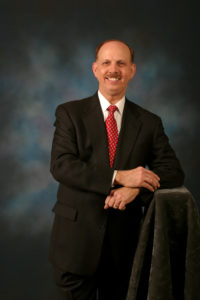Will a Death from COVID-19 be Considered “Accidental Death” for Life Insurance Policies or a Death from “Accidental Causes?”
 By George F. Indest III, J.D., M.P.A., LL.M., Board Certified by The Florida Bar in Health Law
By George F. Indest III, J.D., M.P.A., LL.M., Board Certified by The Florida Bar in Health Law
Almost all life insurance policies, including term policies, pay a “double indemnity,” that is, double the limits of coverage if a death occurs from “accidental causes” as opposed to “natural causes.” A question arises, given the COVID-19 pandemic, of whether a death caused by the novel corona versus would be considered a natural death or an accidental death. Fortunately, there is some guidance on this issue.
One reason it is important to distinguish between “accidental death” and “natural death” is that:
There is no pandemic exclusion for life insurance. General life insurance covers pandemics, assuming you were truthful about your travel plans and exposure to illness […]







